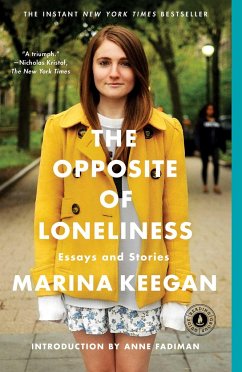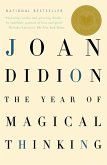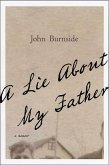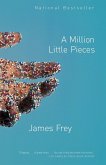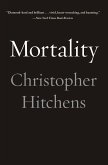A "posthumous collection of essays and stories from the talented young Yale graduate whose title essay captured the world's attention in 2012 and turned her into an icon for her generation. Marina Keegan's star was on the rise when she graduated magna cum laude from Yale in May 2012. She had a play that was to be produced at the New York Fringe Festival and a job waiting for her at The New Yorker. Tragically, five days after graduation, Marina died in a car crash. As her family, friends, and classmates, deep in grief, joined to create a memorial service for Marina, her ... last essay for The Yale Daily News, 'The opposite of loneliness,' went viral, receiving more than 1.4 million hits"--Provided by publishe
'An extraordinary figure, a young person of enormous potential, who had already achieved a great deal...Throughout the 18 pieces in the collection, [that] pathos is delivered with a striking emotional intensity, in sharp and witty prose' New Statesman
'Her voice is so fresh, her enthusiasm so appealing, her ambition so great that you cannot help but wonder what she might have achieved' Jason Cowley, Financial Times
'The writing Marina Keegan left behind offers a tantalising taste of a literary voice still in development yet already imbued with unusual insight, nuance, humour, and sensitivity' Deborah Treisman, fiction editor, The New Yorker
'Her voice is so fresh, her enthusiasm so appealing, her ambition so great that you cannot help but wonder what she might have achieved' Jason Cowley, Financial Times
'The writing Marina Keegan left behind offers a tantalising taste of a literary voice still in development yet already imbued with unusual insight, nuance, humour, and sensitivity' Deborah Treisman, fiction editor, The New Yorker

